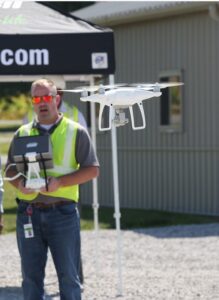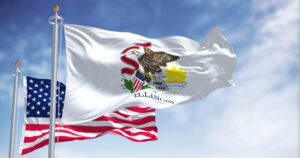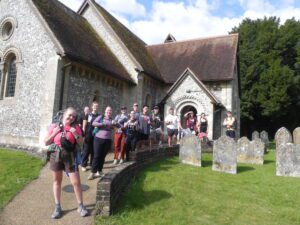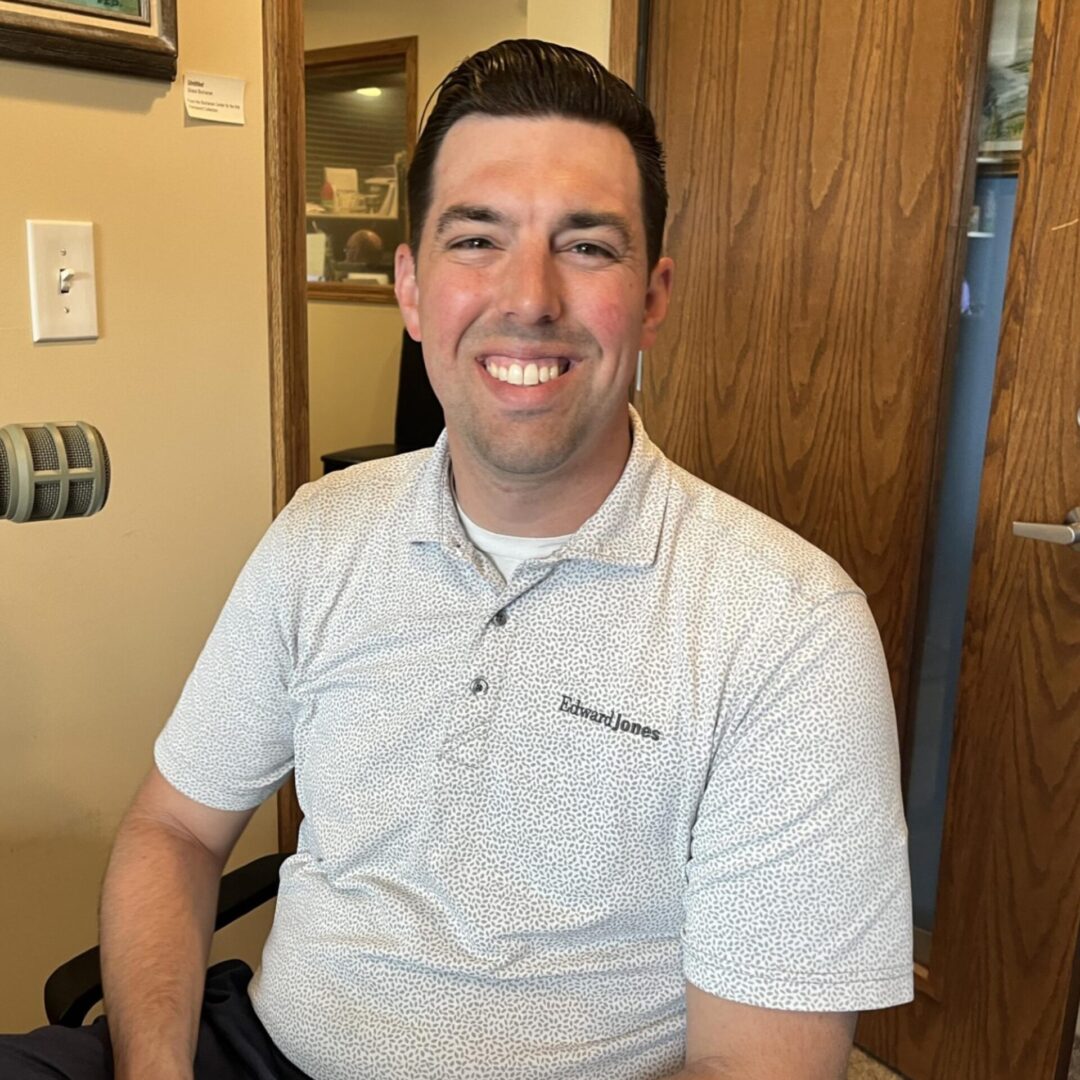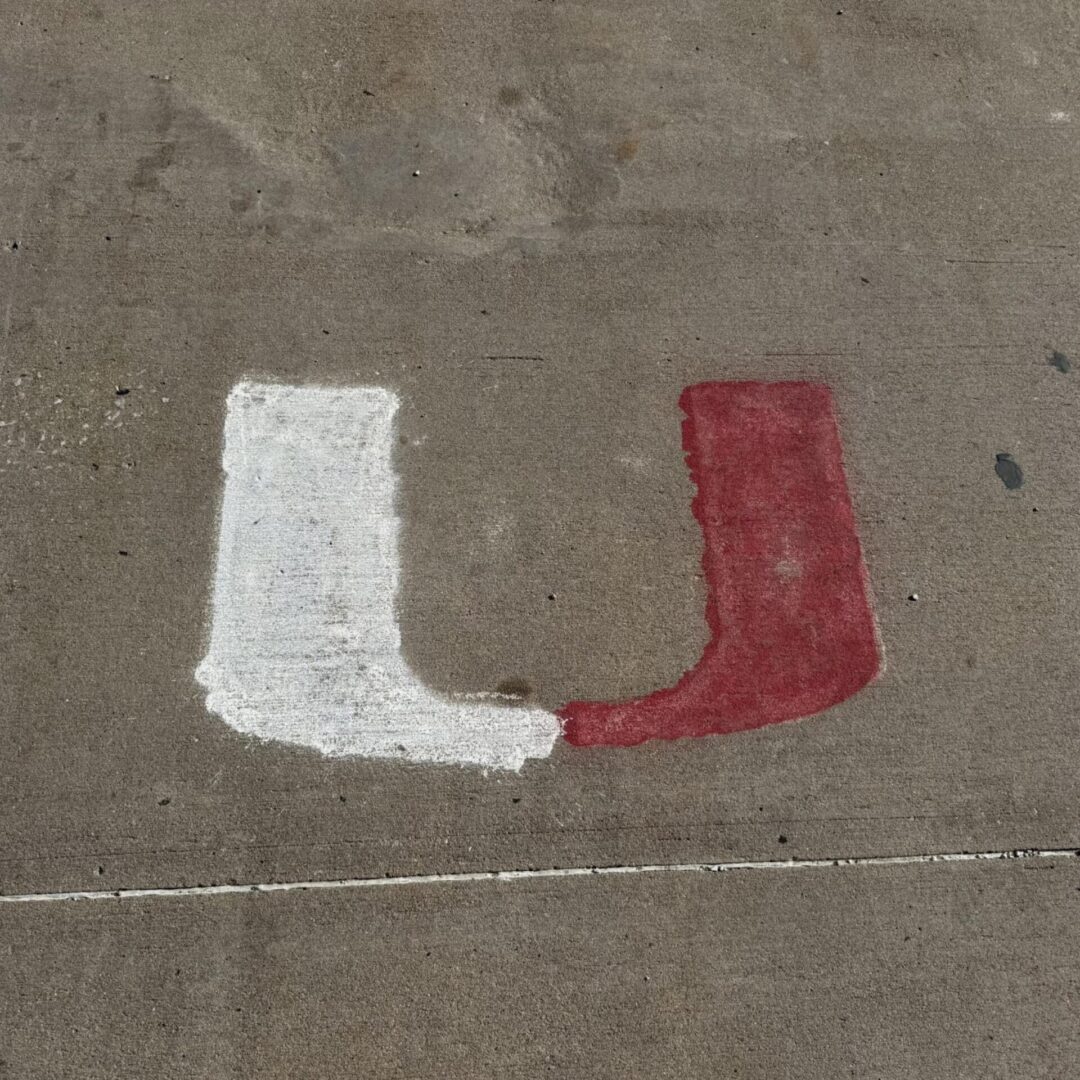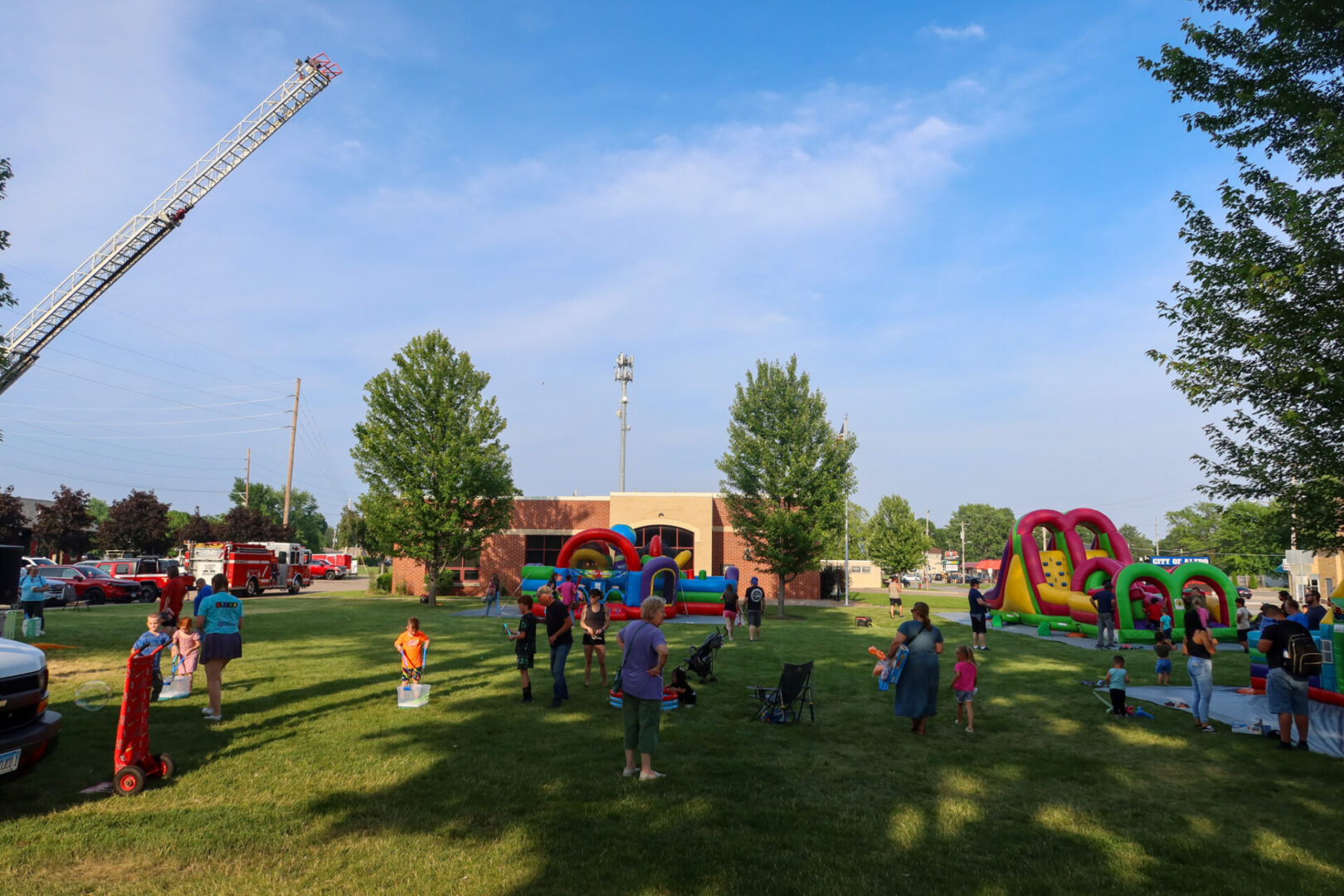By Thomas Best
One of the books I recently, called “Hang Tough,” read contains a collection of pen pal letters penned between Richard “or Dick” Winters of “Band of Brothers Fame” and DeEtta Almon, a young woman with whom he corresponded during his time serving in “Easy Company” of the famous 506th Parachute Infantry. Almon saved the dozens of letters which Winters sent to her.
Previously, I read to you samples of the pleasantries contained in Winter’s early appraisals of being stationed in England prior D-Day. I will conclude with how Winter’s saw fit to give Almon his appraisal of his challenging days fighting on and after D-Day. First, realize, of course, that he could not be as open in his thoughts because of the necessary censorship of letters so as to not reveal critical military information should such correspondence fall into the hands of the Germans. His first letter, composed eleven days after Easy Company began behind-the-lines operations, is a welcome recognition that he was still alive. In Winters’ own humble, if not slightly funny manner, he wrote: “Dear Etta, Just a note to let you know I am O.K., doing fine, and making a tour of France.” He left it to her, as he said to “read the newspapers” and then “you will get the big picture to find out what is going on in the war.” This was a far cry from actual military reports between soldiers. As one report noted: “It’s been bloodthirsty.” By early July, Winters was more descriptive in his references regarding the French people, whom were warming up to the Americans as liberators. He also felt a deep remorse as well: “To those who have lost everything it must be hard to feel anything but hatred. They all lost a least a little by our coming, yet they seem to take great pride in flying their flag once more.” He continued: “The life of a conqueror isn’t bad for a while. You’re a paratrooper who lives off the land for we can’t carry anything extra. So to be victorious is a necessity of life. We win or die.” By now Winters had seem many comrades fall in battle and had shot and killed many Germans himself. He was more practical—and sometimes more grim—in his comments.
Later, in the winter of 1944 to 1945, he wrote of the hardships of being surrounded during the time of the Battle of the Bulge, as well as the extreme conditions he and his men faced in the freezing cold and deadly German attacks. He said this: “If you want to fight, might as well do it now while I don’t have much zip left, because I am a fighting man when I am going strong.” He further downplayed the worries Almon must have had for him by stating that the fighting did not “faze him.” By the end of the war, he admitted: “The story of the paratroopers can never be told to the full significance of the role they played in the war. They have been proven beyond all doubt to be practicable.” Reading Winters’ correspondence was an impressive reminder of a time when sharing one’s thoughts in ink was both highly informative, cathartic, and—when possible—attentive to other’s interests.


